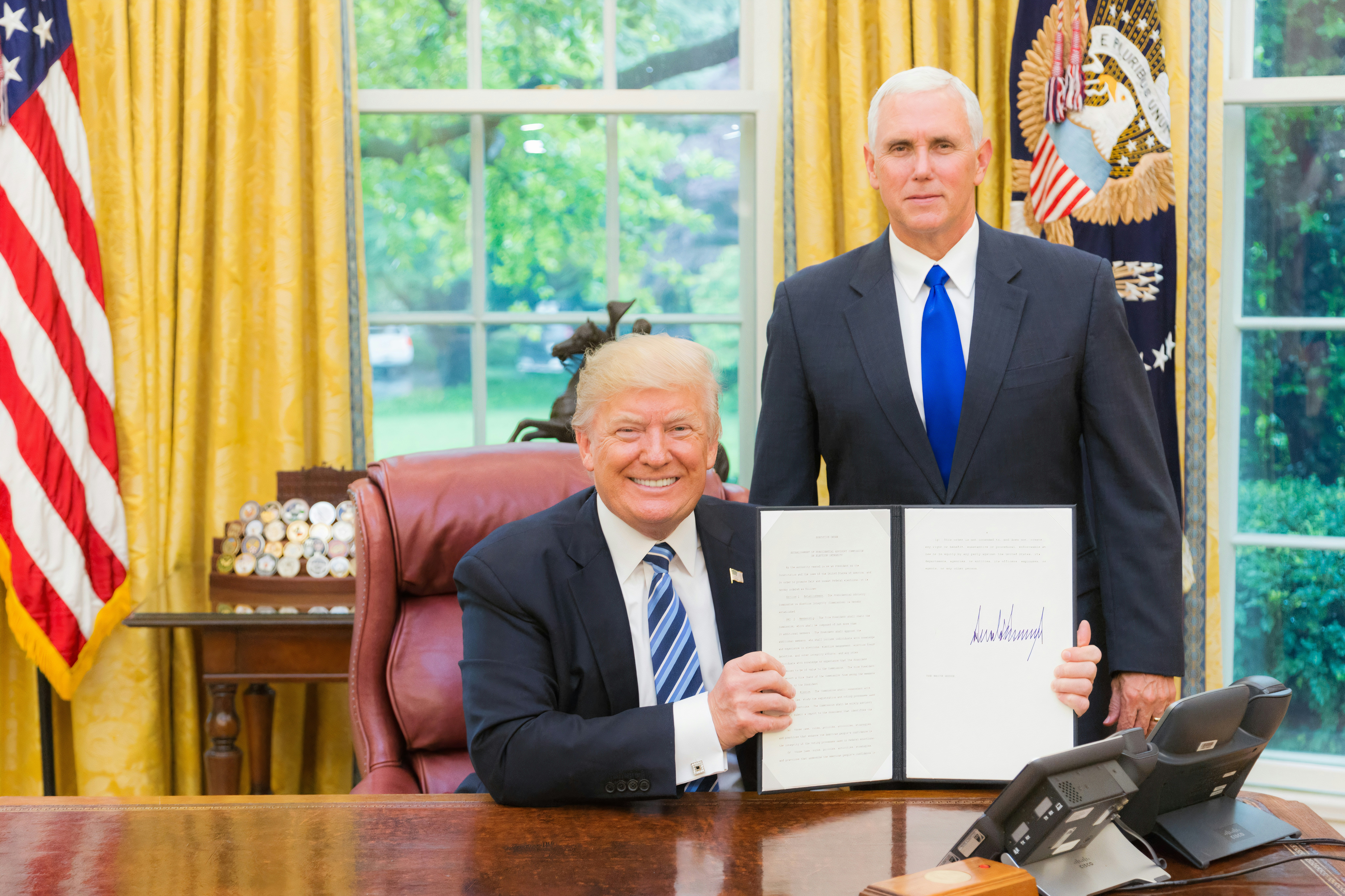On paper, the Senate’s push to extend Trump’s tax cuts feels like a 2017 flashback. The corporate rate stays at 21%. Small business incentives hold. Bonus depreciation gets another lease on life. But in 2025, this isn’t a stimulus—it’s a cushion for structural indecision.
What looks like business-friendly tax relief is functionally a deferral tool. It lets companies avoid hard pivots. It freezes growth logic in a macro climate that’s no longer soft. And if you're building a margin-thin model with deferred monetization or prolonged CAC recovery, that’s exactly the kind of false comfort that misleads planning. The extension buys time. But time isn’t the same as resilience.
The real tension behind Trump’s tax cuts isn’t just the fiscal cost—it’s the behavioral incentive it creates. Tax relief at scale allows companies to simulate margin. Operators interpret the buffer as breathing room: more runway, more hiring, more GTM bandwidth. But in reality, it removes urgency from pricing clarity, monetization discipline, and product efficiency.
It’s the same logic that built entire SaaS categories on untested LTV/CAC math. If you don’t have to pay up front (in tax, in margin drag, in accountability), you can act like you're scaling. But that’s not scale—it’s subsidized bloat. What we’re seeing now is the normalization of that logic at a policy level.
Here’s where this hits execution teams hardest:
- Pricing gets postponed.
With extended tax relief, operators push off necessary price moves. Freemium lingers. High-volume, low-margin SKUs stay unprofitable longer. There's no forcing function to rationalize value delivery. - Burn is misread as strategy.
Capital becomes a crutch. Businesses assume their post-tax cash position justifies expansion. But once normalized tax rates return—or fundraising conditions tighten again—that "strategy" breaks. - Infra debt compounds.
Engineering leaders postpone refactoring. Ops teams build brittle manual flows. Why? Because nobody feels the need to compress cost when margins look deceptively healthy.
The Senate may think it’s offering a fiscal tailwind. But for founders and CFOs, it’s a distortion—one that encourages growth without recalibrating durability.
Politically, extending Trump’s tax cuts is easy math. Democrats in tight Senate races want to soften inflation blowback. Republicans want to cement legacy policy before 2026. And everyone wants to avoid a fiscal cliff that would anger both donors and business lobbies. But business logic shouldn’t mirror electoral logic.
The cuts reduce federal tax pressure—but they don’t reduce platform fragility. If your model only works under a 21% corporate tax rate, that’s not optimization. That’s structural dependence. Founders building now need to assume tax neutrality in the long term—not pretend the current rate is guaranteed. Because nothing about US tax policy post-2026 is guaranteed.
Look at how similar relief dynamics played out in the platform economy:
- Ad-heavy models (like Meta in 2020) used margin relief to overhire and inflate spend. That didn’t end well.
- SaaS pricing strategies leaned harder into lock-in and upsell when real margin was masked by tax arbitrage.
- Marketplace platforms underpriced supply-side incentives, assuming they’d “optimize later.”
In each case, tax leverage wasn’t used to reinforce efficiency. It was used to delay discipline. And in a tight rate environment, that delay became drag. Extending Trump’s tax cuts could repeat that pattern—this time, with even less investor patience and less policy headroom.
Founders, here’s the bottom line: don’t build permanent systems on temporary subsidies. That includes tax cuts. If your net margin only works at a 21% corporate rate, you’ve already overbuilt. If you can’t justify your org size or CAC recovery window without these tax offsets, your scaling plan isn’t resilient—it’s subsidized.
Good operators treat policy windfalls like unexpected cashflow—not baseline assumptions. Run your projections with a 25% tax rate. Reprice your GTM funnel without assuming Section 199A pass-through relief. Model bonus depreciation as gone. That’s the sober foundation you’ll need when the real macro cycle hits.
Extending Trump’s tax cuts might feel like a win for founders. But it’s a synthetic margin high—a model illusion built on short-term fiscal politics. The real work? Designing systems that survive when subsidies expire. If your ops can’t handle normalized tax drag, they’re not ready for scale. They’re just coasting on Congress’s delay tactics. Build lean. Price smart. And never mistake tax relief for product-market fit.















